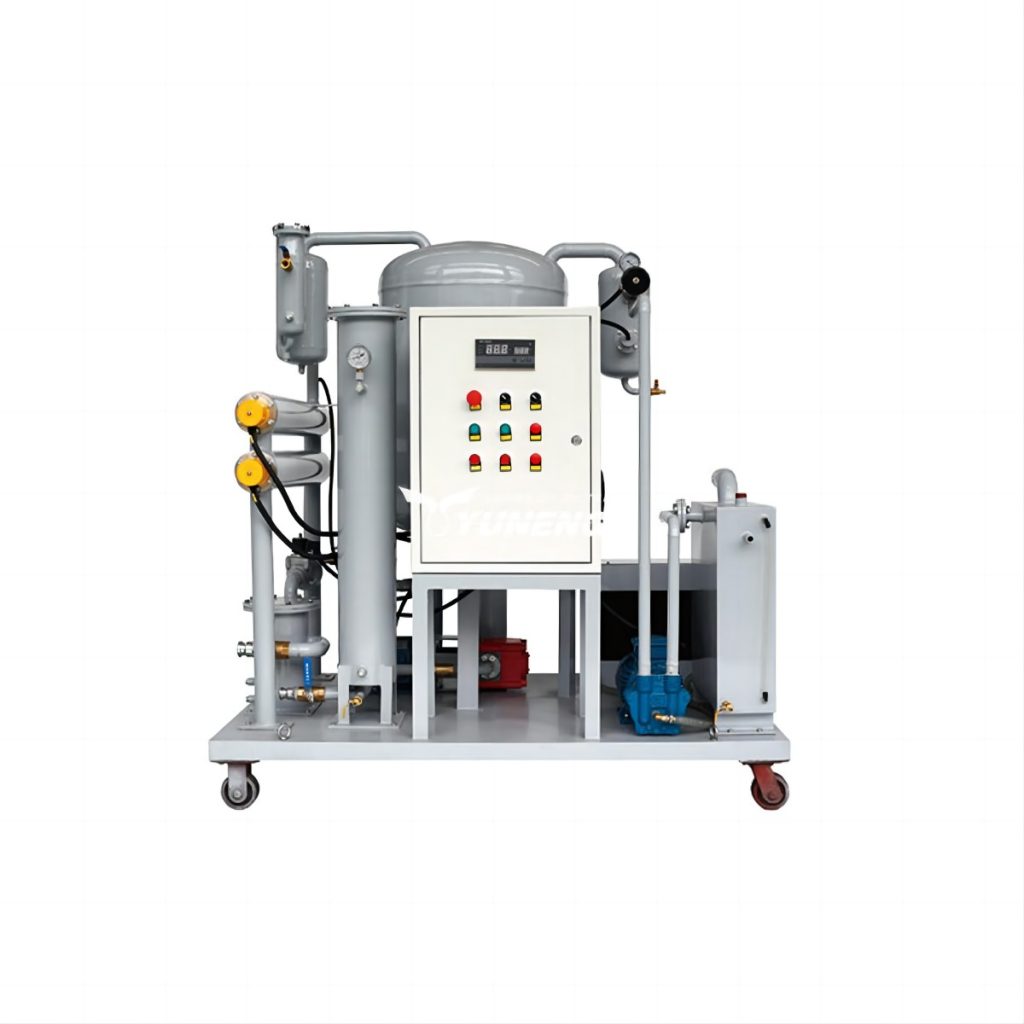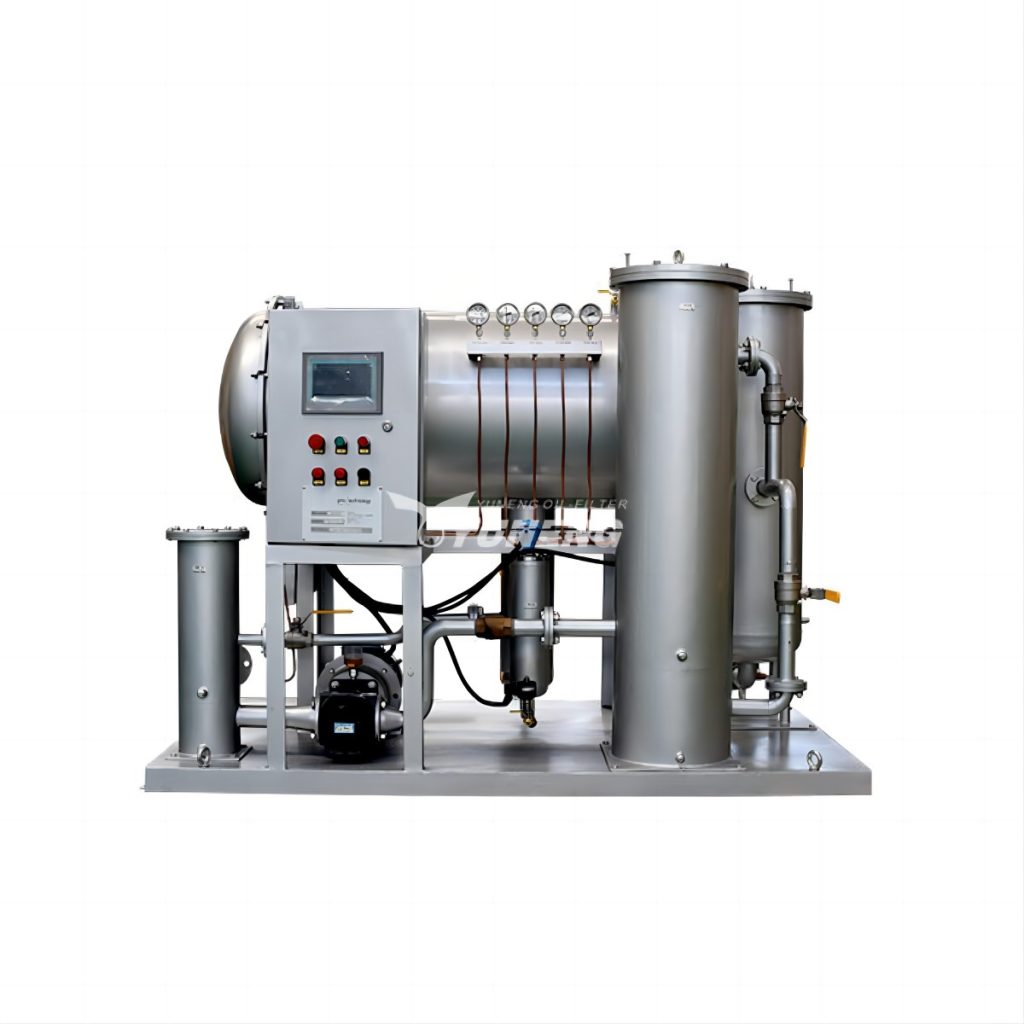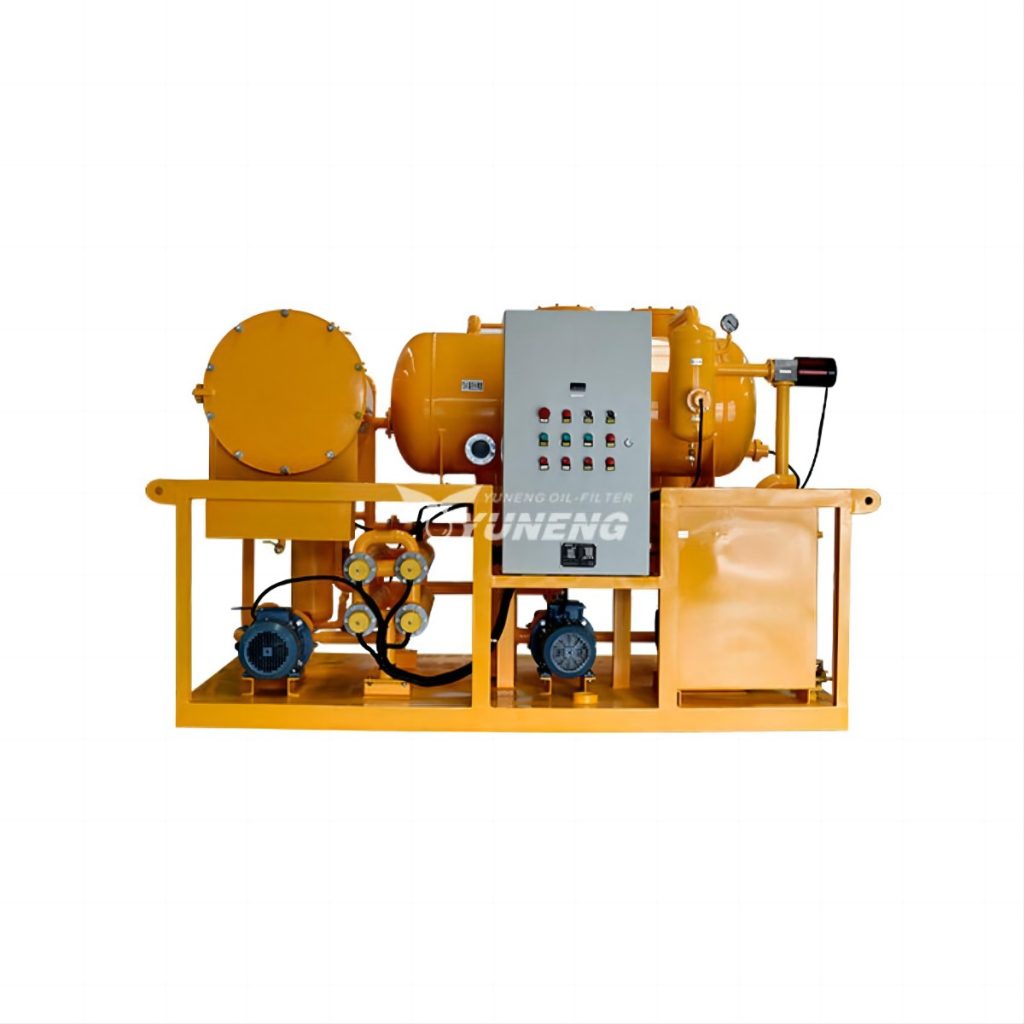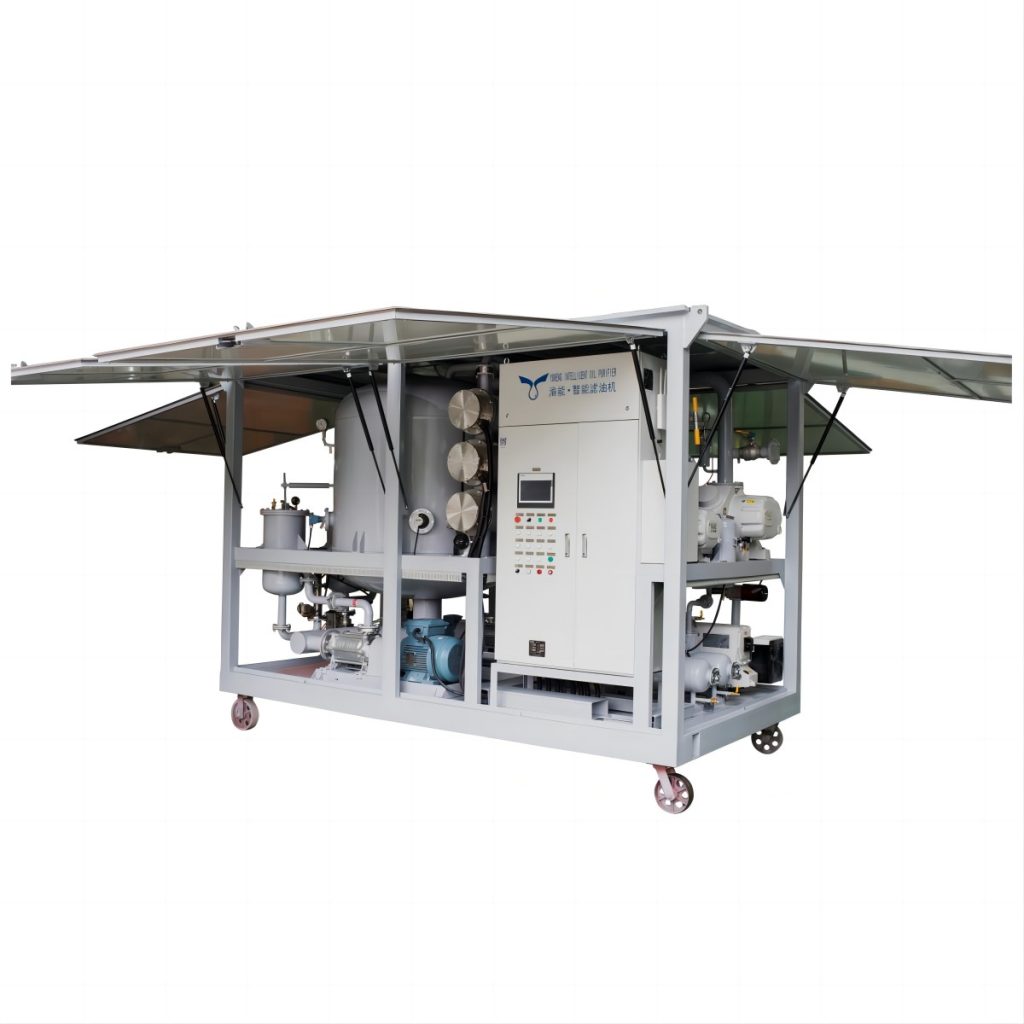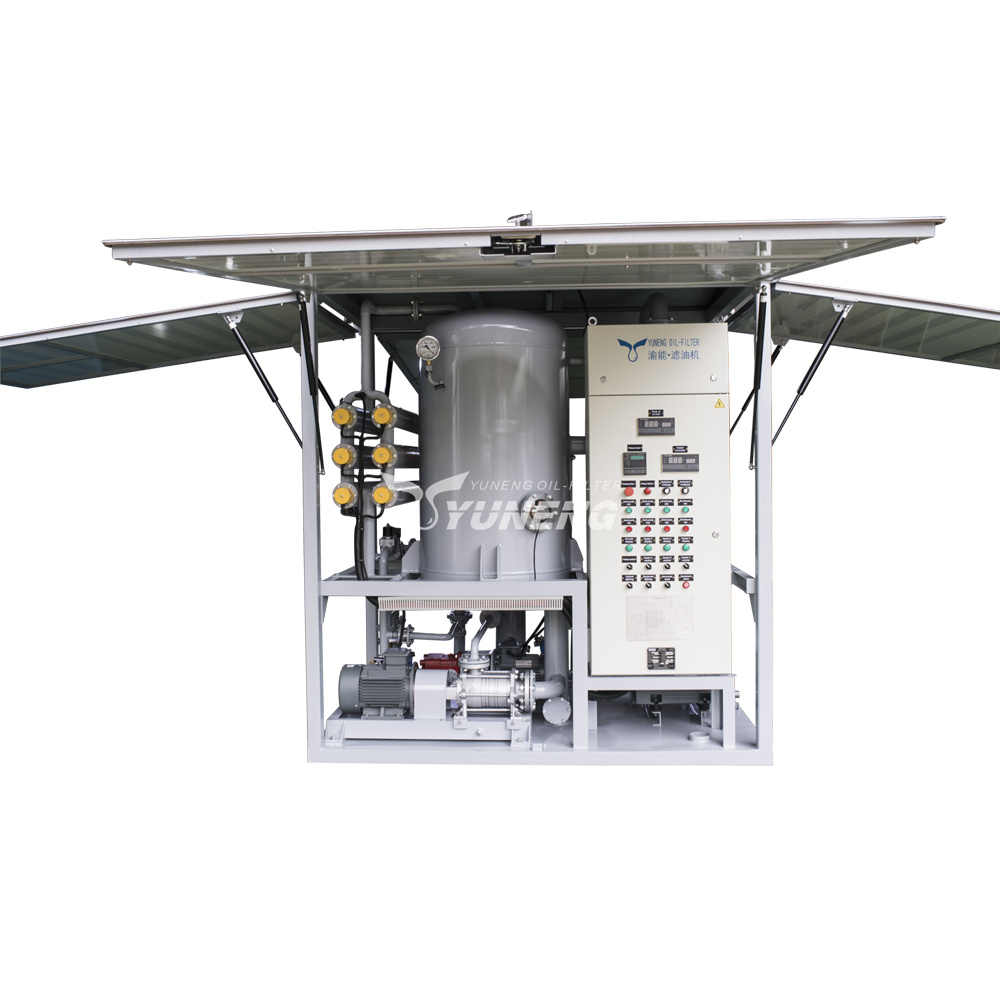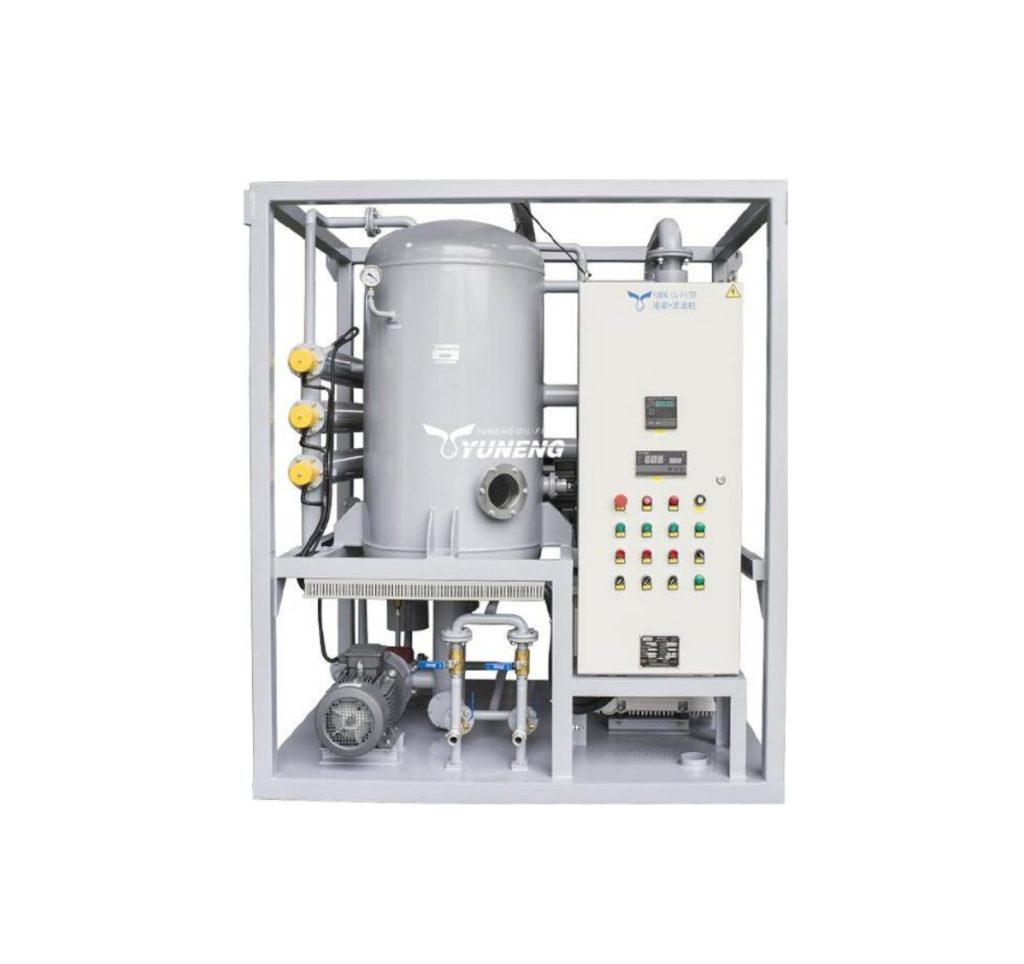What are the Methods of Hydraulic Oil Filtration?
Hydraulic filtration is an important process to maintain the health of your hydraulic system, removing contaminants that could affect performance. There are many types of filtration methods that can be used, each with its own advantages and disadvantages. In this article, we will discuss several common hydraulic filtration methods and the use of hydraulic oil filtration machines.
Importance of Hydraulic Oil Filtration
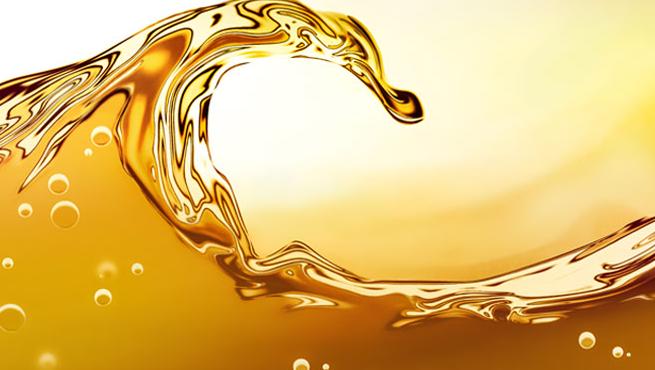
Hydraulic oil filtration in hydraulic systems involves system efficiency, reliability and life. Here are a few key points of hydraulic oil filtration:
- Improve system efficiency: By removing impurities and particles from hydraulic oil, filtration can reduce internal friction and wear, reduce energy loss, and thus improve the overall efficiency of the system.
- Prevent equipment failure: Impurities and particles can cause valve jamming, pump damage, and premature failure of other key components. Regular filtration helps prevent these failures and extend the life of the equipment13.
- Maintain hydraulic system cleanliness: Filtration helps keep the system clean and avoid pollution accumulation, which is especially important for precision hydraulic systems.
- Protect hydraulic components: By reducing wear and clogging, filtration can protect the normal operation of hydraulic components, and reduce maintenance costs and downtime.
- Ensure operational safety: Failure of the hydraulic system may lead to operational errors or even accidents. By maintaining the cleanliness of hydraulic oil, operational safety can be ensured.
- Energy saving and emission reduction: Efficient hydraulic systems can reduce energy consumption while reducing emissions caused by inefficient systems, meeting environmental protection requirements.
- Improve system response speed: Clean hydraulic oil can flow faster, improve system response speed and control accuracy, which is very important for applications that require fast and precise control.
The importance of hydraulic oil filtration is reflected in its direct impact on system performance. Therefore, full attention should be paid to it and appropriate filtration measures should be taken when designing, maintaining and operating hydraulic systems.
Major Methods of Hydraulic Oil Filtration
Multi pass filtering method
Multi pass filtration method is a standard testing method for evaluating the filtration performance of hydraulic oil filter elements. In this method, the filter element will be repeatedly exposed to oil containing known sizes and quantities of pollutants. By measuring the amount of pollutants through online particle counting sensors, the filtration efficiency, impurity storage capacity (pollutant holding capacity), and flow pressure drop characteristics of the filter element can be evaluated. This method helps determine the service life and replacement cycle of the filter element. The implementation standards include ISO 16889 and SAE J1858, which specify the testing procedures and methods for evaluating the performance of filter cartridges.
Single pass filtering method
The single pass filtration method refers to the oil passing through the filter element only once, used to quickly evaluate the initial filtration efficiency of the filter element. This method is usually used for preliminary screening or performance validation after filter replacement. ISO 4572 and SAE J1985 are corresponding international and American standards used to evaluate single pass filtration efficiency
Bypass Filtration
Bypass filtration filters are designed to provide an additional filtration stage before or after the main filter to protect the main filter from excessive contamination. When the contamination level in the main filter increases, the bypass filter can take over the filtration task, ensuring continuous system operation. Bypass filters are typically installed in the bypass line of the system, helping extend the service life of the main filter.
Full-flow Filtration
Full-flow filters treat all the oil passing through the hydraulic system, ensuring the cleanliness of the oil throughout the system. This type of filtration is crucial for preventing the spread of contaminants within the system, usually installed at the outlet of the reservoir or at critical system locations. Full-flow filtration helps maintain the performance of the hydraulic system and extend the life of system components.
Magnetic Filtration
Magnetic filters use magnetic materials to adsorb iron filings and ferromagnetic impurities in hydraulic oil, removing solid particles from the oil. This filtration method is applicable for protecting sensitive components such as valves and pumps from damage caused by ferromagnetic particles.
Vacuum dehydration
The vacuum dehydration method uses vacuum technology to remove water and other volatile pollutants from oil. Under high temperature and high vacuum conditions, the water in the oil evaporates and is then extracted to achieve dehydration treatment. This method improves the quality of the oil and the reliability of the system
Centrifugal filtration
Centrifugal filters separate solid particles and liquid droplets in oil through centrifugal force generated by high-speed rotation. This filtration method is suitable for removing heavy or high-density pollutants and is typically used to treat oil containing abrasives or other heavy wear products.
Filter performance test
Filter performance testing is the evaluation of the filtration efficiency and filtration ratio of a filter element through specialized testing equipment. These tests ensure that the filter element meets the requirements of specific applications and is validated through testing before actual use.
The above introduction covers the major methods of hydraulic oil filtration and their working principles. In practical applications, these methods can be selected and combined according to the specific requirements of the hydraulic system and maintenance strategies.
The Use of Hydraulic Oil Filtration Machine
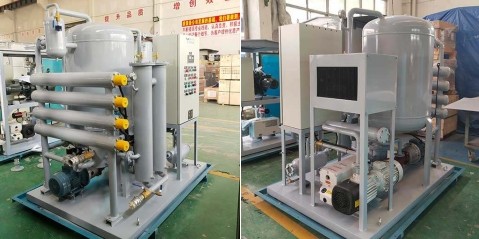
While each of these filtration methods plays a crucial role in maintaining oil cleanliness, the effectiveness of filtration can be significantly enhanced through the use of specialized hydraulic oil filtration machines. These machines integrate advanced filtration technologies, often combining multiple methods such as mechanical, centrifugal, and depth filtration in a single unit.
Advantages of YUNENG Hydraulic Oil Filtration Machine
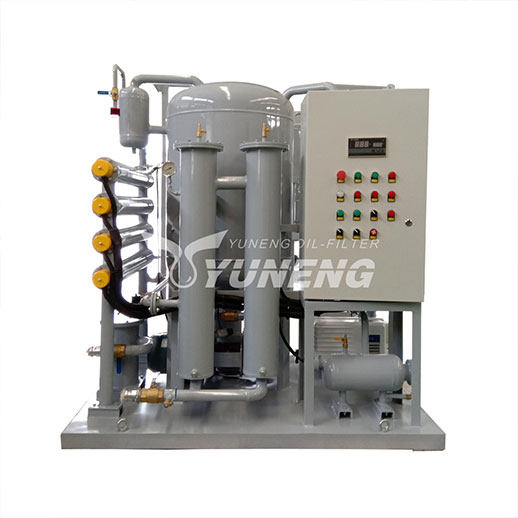
The YUNENG ZJC series hydraulic oil filtration machine boasts several advantages that cater to the needs of industries relying on efficient and reliable hydraulic systems.
- High efficiency, high filtration accuracy, and good dehydration effect: YUNENG Hydraulic Oil Filtration Machine adopts high-precision filtration technology to remove moisture and impurities from the oil. This can help to improve the performance and lifespan of hydraulic systems.
- Compact size and simple operation: These machines are compact and easy to use, making them a good choice for a variety of applications.
- Suitable for a wide range of industrial oils: These machines can be used to filter a variety of industrial oils, making them a versatile option for many businesses.
Cooperate with YUNENG
Collaborating with Yuneng to meet your hydraulic oil filtration needs will bring many benefits, stemming from our rich industry experience and commitment to quality assurance. Yuneng is renowned for its innovative filtering technology and powerful engineering solutions, ensuring that products meet the highest industry standards. By collaborating with Yuneng, you can obtain solutions tailored to their specific operational requirements, ensuring optimal performance and efficiency.
Choosing Yuneng as your partner not only improves the efficiency and reliability of hydraulic systems but also demonstrates your commitment to quality and excellence. We believe that we can provide the best hydraulic oil filtration technology to ensure the smooth and efficient operation of your business. Contact us for more information now!

